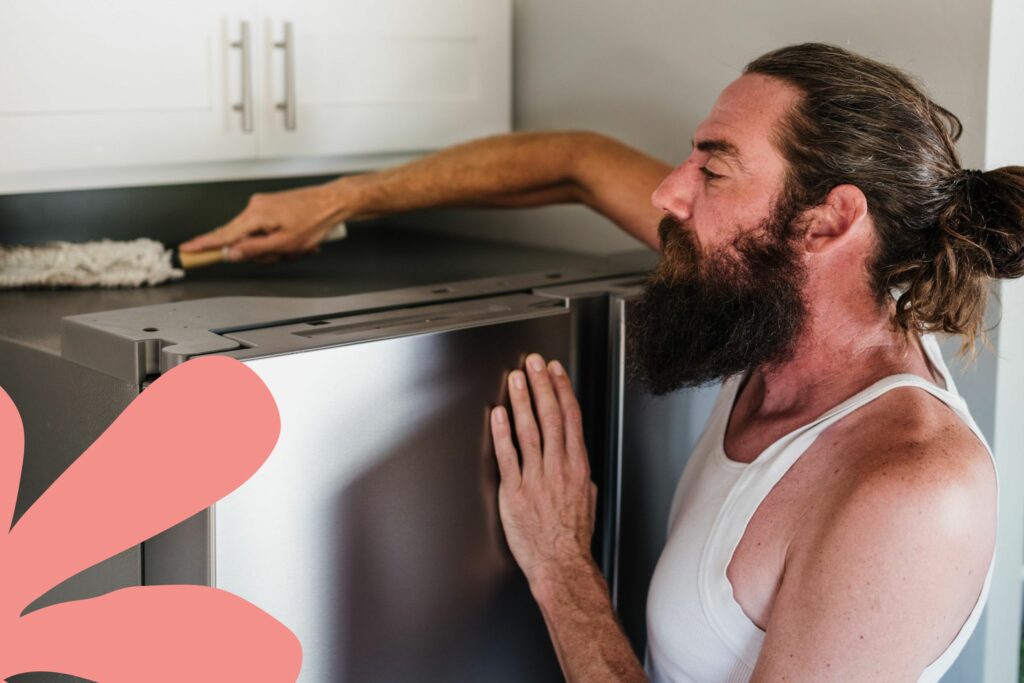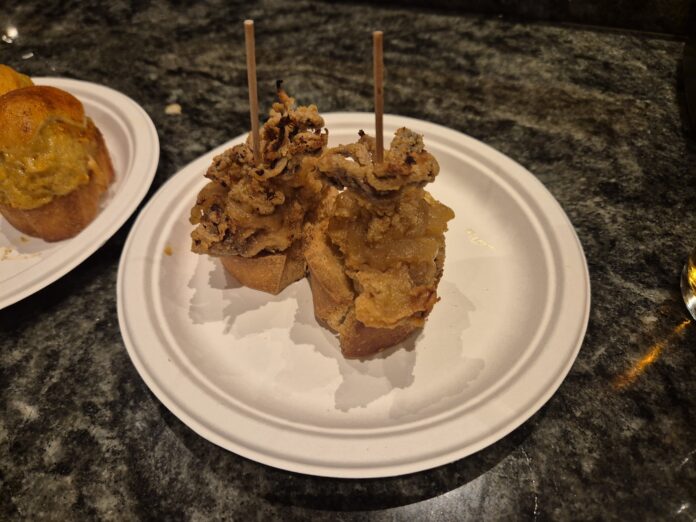The kitchen is often referred to as the heart of the home, a place where culinary magic happens. However, the allure of this domestic haven can quickly diminish if it is not kept in pristine condition. Professional chefs, who operate in the high-pressure environments of commercial kitchens, are masters of efficiency and cleanliness.
Their practices, honed through necessity and strict health regulations, can teach us valuable lessons about maintaining a sparkling clean kitchen at home. Here, we explore the strategies and habits professional chefs employ that can be adapted to our domestic kitchens.
Embracing The ‘Clean As You Go’ Philosophy
One of the cardinal rules in professional kitchens is the ‘clean as you go’ policy. This means that chefs clean up after each task, preventing a build-up of mess and ensuring that the workspace remains hygienic and organised. In a domestic setting, adopting this habit can significantly reduce the time spent on cleaning after cooking. It involves simple actions such as wiping down cutting boards after use, cleaning spills immediately, and washing utensils while waiting for food to cook.
Implementing Mise En Place
‘Mise en place’, a French term meaning ‘everything in its place’, is a technique chefs use to streamline their cooking process. This involves preparing and organising ingredients before cooking begins. Translating this to a home kitchen, it encourages us to declutter and organise our space, ensuring that everything we need is within easy reach and that countertops are clear. This not only makes the cooking process more efficient but also minimises the chaos that can lead to a messy kitchen.
Regular Deep Cleaning
In commercial kitchens, deep cleaning is a routine that is often carried out daily. While this may not be necessary in a home kitchen, setting a regular schedule for deep cleaning can make a significant difference. This includes tasks such as degreasing the oven, cleaning the refrigerator, and sanitising the sink, as well as giving attention to those often ignored (in the domestic setting, that is) places like the extractor fan and upper shelving unit.
Even in a domestic kitchen, these are places that can get seriously greasy. In a professional food prep, there’s even a whole system in place to deal with it; TR19 grease cleaning refers to a set of standards stipulated by the Building Engineering Services Association (BESA) concerning the cleaning and maintenance of kitchen extract systems. Whilst you won’t need to follow something quite so official at home, it’s still vital to have a rota in place so these hard-to-reach spots don’t get ignored.
Indeed, professional chefs understand that a deep clean schedule is essential for maintaining a high standard of hygiene and preventing the accumulation of grime and bacteria.

Investing In Quality Cleaning Tools & Agents
Chefs know that the right tools can make all the difference. Investing in quality cleaning products, such as microfibre cloths, heavy-duty scrubbers, and effective degreasers, can make the task of cleaning less laborious and more effective. Additionally, using the correct cleaning agents for different surfaces, such as stainless steel, wood, or stone, can prevent damage and keep surfaces looking their best.
Maintaining Sharp Organisation
A professional kitchen operates with a precise organisational system, with tools and ingredients stored in designated places. This level of organisation minimises the risk of cross-contamination and makes cleaning easier. In our homes, creating a system where every item has a ‘home’ can reduce clutter and make it quicker to both clean and find what we need when we need it.
Read: 10 professional home cleaning hacks
Prioritising Food Safety
Professional chefs are trained in food safety, which includes proper storage, preventing cross-contamination, and maintaining the correct temperatures. In home kitchens, we can apply these principles by using separate cutting boards for raw meats and vegetables, regularly cleaning sponges and dishcloths, and ensuring our fridge is at the correct temperature to prevent bacterial growth.
Efficient Waste Management
Chefs are adept at managing waste efficiently, separating recyclables, compost, and trash as they work. This not only contributes to a cleaner kitchen but also promotes sustainability. At home, we can follow suit by having designated bins for different types of waste and composting organic scraps when possible.
Streamlining Storage With FIFO
In professional kitchens, chefs often use the FIFO method — First In, First Out — to manage their inventory. This system ensures that older stock is used before newer items, reducing waste and keeping the storage areas orderly.
Applying FIFO at home can help in keeping our kitchen cupboards and refrigerators organised. By rotating foods and using older items first, we can keep track of expiry dates, reduce food waste, and maintain a cleaner storage environment. This method also encourages regular review and cleaning of storage spaces, as items are moved and used rather than being left to languish at the back of a shelf.
Harnessing The Power Of Preventative Maintenance
Professional chefs understand the importance of maintaining their equipment to prevent breakdowns and inefficiencies that can lead to a dirty kitchen. Preventative maintenance includes regular servicing of appliances, sharpening knives, and oiling cutting boards.
By adopting this approach in our homes, we can keep our kitchen appliances and tools in top condition, which not only makes them more efficient and safer to use but also easier to clean. For instance, a well-maintained oven with a clean and functional door seal will operate more efficiently and be less likely to accumulate burnt-on grease and food residues.

Continuous Learning & Adaptation
Finally, professional chefs are always learning and adapting to new methods and technologies that can improve their efficiency and cleanliness. Home cooks can benefit from this mindset by staying informed about new cleaning products, techniques, and organisational tools that can enhance the cleanliness of their kitchens.
The Bottom Line
By observing the practices of professional chefs, we can learn a great deal about maintaining a sparkling clean kitchen. It is not just about the occasional deep clean but about incorporating a consistent and methodical approach to cleanliness and organisation into our daily routine. By doing so, we can ensure that our domestic kitchens remain not only a place of culinary creativity but also a hygienic and pleasant space for all who enter.





